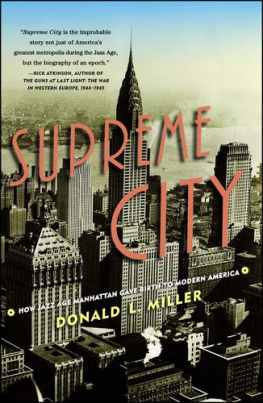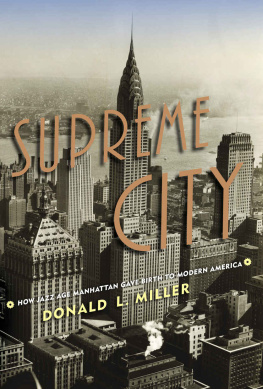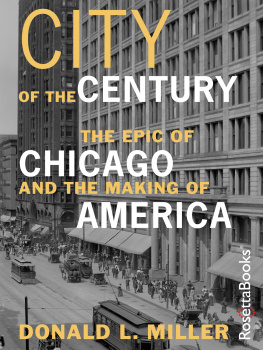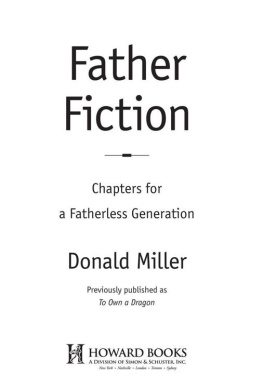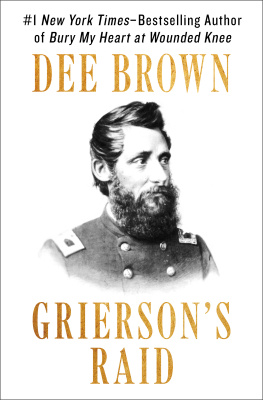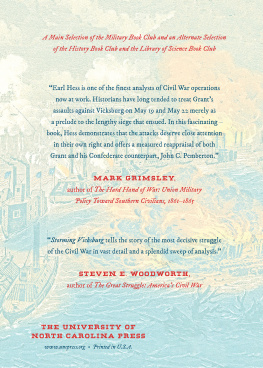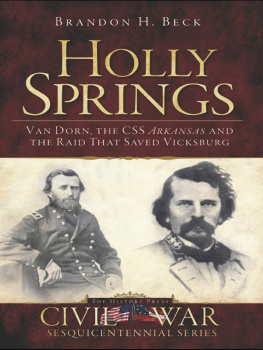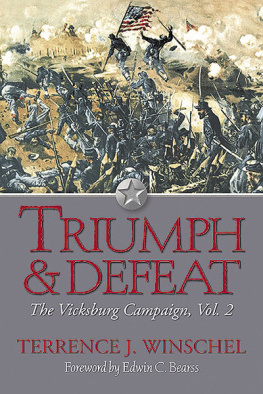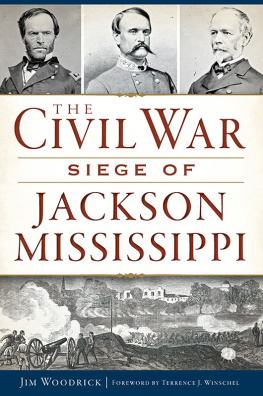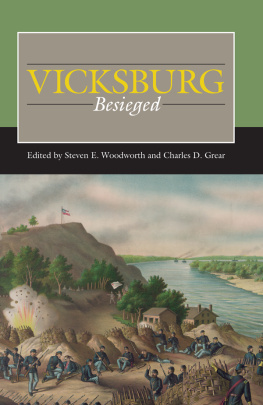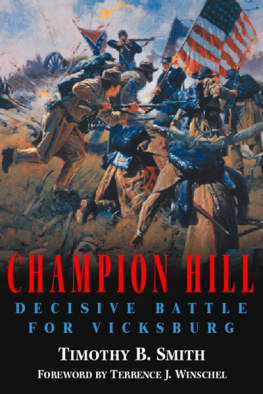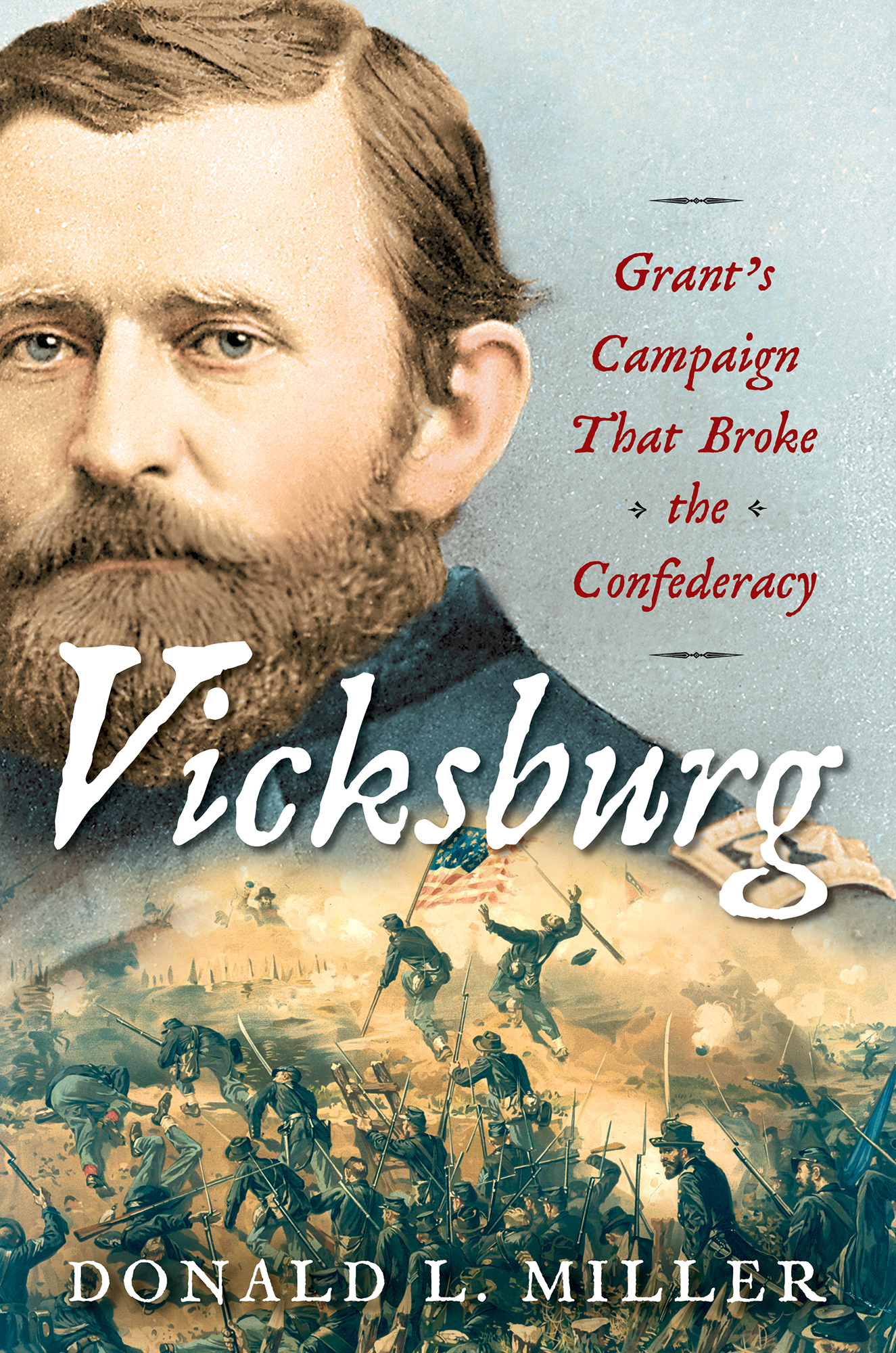Contents
Guide
ALSO BY DONALD L. MILLER
Supreme City: How Jazz Age Manhattan Gave Birth to Modern America
Masters of the Air: Americas Bomber Boys Who Fought the Air War Against Nazi Germany
D-Days in the Pacific
The Story of World War II
City of the Century: The Epic of Chicago and the Making of America
Lewis Mumford: A Life
The Lewis Mumford Reader
The Kingdom of Coal: Work, Enterprise, and Ethnic Communities in the Mine Fields (with Richard Sharpless)
The New American Radicalism: Non-Marxian Radicalism in the 1930s

Simon & Schuster
1230 Avenue of the Americas
New York, NY 10020
www.SimonandSchuster.com
Copyright 2019 by Donald L. Miller
All rights reserved, including the right to reproduce this book or portions thereof in any form whatsoever. For information address Simon & Schuster Subsidiary Rights Department, 1230 Avenue of the Americas, New York, NY 10020.
First Simon & Schuster hardcover edition October 2019
SIMON & SCHUSTER and colophon are registered trademarks of Simon & Schuster, Inc.
For information about special discounts for bulk purchases, please contact Simon & Schuster Special Sales at 1-866-506-1949 or .
The Simon & Schuster Speakers Bureau can bring authors to your live event. For more information or to book an event contact the Simon & Schuster Speakers Bureau at 1-866-248-3049 or visit our website at www.simonspeakers.com.
Design by Paul Dippolito
Jacket design by Jackie Seow
Jacket Art of General Grant By Buyenl Arge/Getty Images; War Scene By Mpi/Stringer/Getty Images
Library of Congress Cataloging-in-Publication Data
Names: Miller, Donald L., 1944 author.
Title: Vicksburg : Grants campaign that broke the Confederacy / Donald L. Miller.
Description: New York : Simon & Schuster, 2019. | Includes bibliographical references and index.
Identifiers: LCCN 2019010269 | ISBN 9781451641370 (hardback) | ISBN 1451641370
Subjects: LCSH: Vicksburg (Miss.)HistorySiege, 1863. | Grant, Ulysses S. (Ulysses Simpson), 18221885. | StrategyHistory19th century. | BISAC: HISTORY / United States / Civil War Period (18501877). | HISTORY / Military / United States. | HISTORY / United States / State & Local / South (AL, AR, FL, GA, KY, LA, MS, NC, SC, TN, VA, WV).
Classification: LCC E475.27 .M65 2019 | DDC 973.7/344dc23 LC record available at https://lccn.loc.gov/2019010269.
ISBN 978-1-4516-4137-0
ISBN 978-1-4516-4140-0 (ebook)
To Sophie, who lights up our days
AUTHORS NOTE
With me, a story usually begins, William Faulkner once said, with a single idea or memory or mental picture. In Absalom, Absalom!, his epic tale of slavery and plantation culture, Faulkner created a picture in my mind that shaped this book. I had already decided to write a history of the Vicksburg campaign before reading Absalom, Absalom!, but the novel took my book in an entirely new direction.
In 1833, Thomas Sutpen, a big-framed, young stranger rides into the barely developed town of Jefferson, Mississippi, in Faulkners fictional Yoknapatawpha County, his only possessions his horse, a small saddlebag containing some personal items, and two holstered pistols. He acquires land from an Indian tribe, clears it with twenty slaves he brings over from Haiti, builds a sprawling house, and puts in a cotton crop. He does this with unflagging resolve and ruthless disregard for his work force, driving them, Faulkner writes, like a pack of hounds. Sutpen works beside them, all of them naked, plastered over with mud against the mosquitoes as they haul clay and timber out of a malarial swamp.
The house is impressively large but crude, unpainted and unfurnished, without a pane of glass or a doorknob or hinge in it. Three years later, Sutpen, now a prosperous frontier farmer, heads into town in search of a wife. To prepare the house for the bride he has yet to meet he installs windows and doors and sends his slaves to meet a steamboat on the distant Mississippi. They return in wagons piled high with mahogany furniture, woven rugs, and crystal chandeliers. Sutpen then marries a local woman of some prominence and sets himself up as a plantation grandee, a member of the local cotton aristocracy.
Faulkners Jefferson, closely modeled on Oxford, Mississippi, is more than a hundred miles north and east of Vicksburg but its development mirrored that of the Yazoo Delta, located directly north of Vicksburg and connected to it by a lively steamboat trade. Beginning in the 1830s, this wilderness was cleared for cultivation by restless frontier capitalists like Sutpen, most of them from newly settled Vicksburg. With battalions of slaves they carved out cotton plantations in the muddy bottomlands formed by the annual overflows of the Mississippi River, working under the same appalling conditions Faulkner described in Absalom, Absalom!
Sutpen and his son, Henry, along with the real-life planters of Vicksburg and Yazoo country, marched off to war in 1861 to save what they had only recently built, an empire founded upon cotton and slaves.
Ulysses Grant does not appear in Faulkners novel, but when his Army of the Tennessee invaded Mississippi in late 1862 it pushed all the way to Oxford before Confederate cavalry severed its supply line, forcing it to fall back to Tennessee. Yet while in Mississippi, Grants soldiers had begun tearing at slavery, disastrously weakening it along their line of advance. For Mississippians, the end came when Grant returned in January of 1863 and began sending raiding parties into the Yazoo Delta and other concentrations of cotton and slaves in the Vicksburg region. They burned and plundered and by the time Vicksburg surrendered in July 1863, they had destroyed slavery and its economic underpinnings in Mississippi and great parts of eastern Louisiana. Sutpen returns from the war to find his plantation in ruins, his fields fallow, and his slaves gone.
This is the story that began forming in my mind as I read Absalom, Absalom!a tale of the meteoric rise of a slave-based civilization that was dismantled by military might only three decades after its birth.
Absalom, Absalom! was published in 1936, the same year as Margaret Mitchells Gone With the Wind. No two books about the antebellum South are less alikeone a translucent defense of a culture built upon slavery, the other an indictment of the blighting effects of bondage on Southern society. Faulkners novel convinced me that a history of Grants Mississippi Valley campaign would be incomplete without an account of the war waged on slavery by his army and the slaves that audaciously escaped to its lines.
PROLOGUE
The war history of Vicksburg has more about it to interest the general reader than that of any other of the river towns. Vicksburg saw warfare in all its phases, both land and waterthe siege, the mine, the assault, the repulse, the bombardment, sickness, captivity, famine.
Mark Twain, Life on the Mississippi
Will it not be the unquestioned sentiment of history that the liberty which Mr. Lincoln declared with his pen General Grant made effective with his sword.
Frederick Douglass, U.S. Grant and the Colored People

